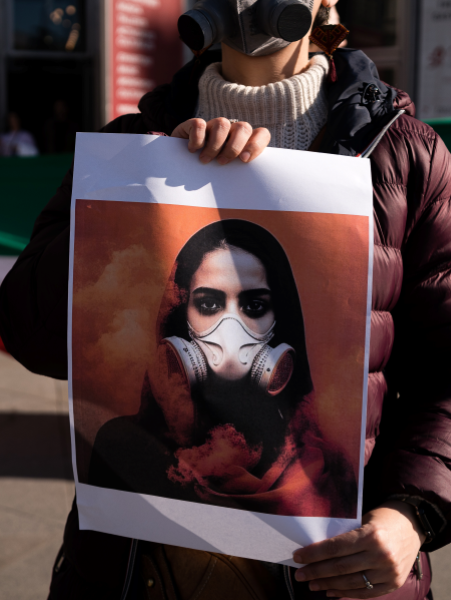Statement
April 28, 2023–Ottawa
Inter Pares has been monitoring the situation in Sudan since intense fighting broke out in the capital city Khartoum on April 15. Temporary ceasefires have enabled the evacuation of many foreign nationals from the country, including many Canadians. In the absence of journalists, humanitarians and other members of the international community as witnesses, Inter Pares fears that the humanitarian situation will deteriorate catastrophically.
Inter Pares is raising the alarm that human rights defenders—including our counterparts—in Sudan will be at extreme risk in the coming days and weeks.
In conflict and post-conflict situations, human rights defenders are often targeted for their work. Women human rights defenders in particular face a heightened risk of sexual and gender-based violence.
We call on the international community to maintain their focus on Sudan even after foreign nationals have been evacuated.
On April 15, fighting broke out in Khartoum between the paramilitary Rapid Support Forces (RSF) and the Sudanese military. Hundreds of people have been killed and thousands injured. The ongoing clashes have forced millions of people in the city to shelter in place. Others have fled Khartoum or the country.
Those unable to leave the country will continue to be caught in the crossfire of the clashing factions. Some Sudanese people say they feel abandoned by the international community.
Inter Pares has collaborated with counterparts in Sudan since 2007.
At this time, all Inter Pares counterparts continue to prioritize survival and normal programming is not possible. Some counterpart staff have fled the city or country; others remain in Khartoum in increasingly dire situations, with dwindling supplies of food and water and unreliable power and Internet access. We are keeping in close contact with our counterparts and are continuing to assess how to best support them.
We remain committed to supporting Sudanese counterparts to provide legal services for women experiencing sexual and gender-based violence, bolster women’s political participation and strengthen women’s civil society.
